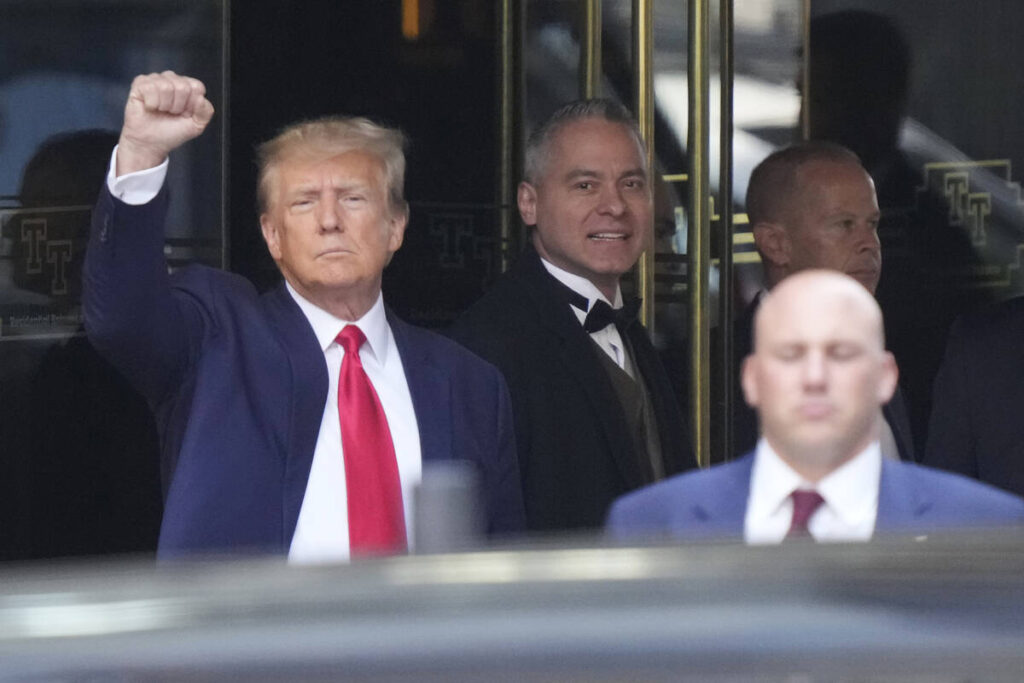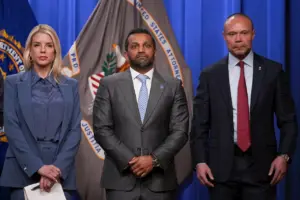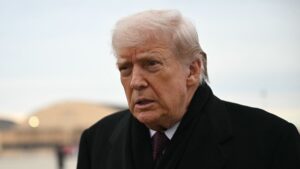
President Donald Trump has made headlines again, this time threatening to withdraw funding for a new stadium in Washington D.C. if the NFL’s Washington Commanders do not revert to their former name, the Redskins. This statement reflects a pattern of intimidation that critics argue undermines democratic processes and governance.
In a recent public address, Trump stated that he would withhold financial support for the stadium project unless the Commanders change their name back. The team officially changed its name in 2020 after facing backlash for its previous moniker, which many considered offensive. The controversy surrounding the name change has remained a contentious issue within both the sports community and the general public.
This latest threat is not isolated. Trump has previously indicated he would dismiss Jerome Powell, Chairman of the Federal Reserve, unless Powell lowers interest rates. Trump appointed Powell in 2018 but has since expressed frustration with the Fed’s policies, particularly concerning inflation and economic growth.
The role of the Federal Reserve is to monitor economic indicators, such as inflation, and make informed decisions on interest rates. Trump’s demands raise questions about the independence of the central bank and its ability to operate without political interference. Powell’s tenure has seen significant challenges, including navigating the economic fallout from the COVID-19 pandemic, which has led to fluctuating inflation rates and varying opinions on monetary policy.
Critics assert that Trump’s approach to governance, characterized by threats and ultimatums, sets a troubling precedent. They argue that a president should not leverage financial support to influence private organizations or public institutions. This tactic could hinder the ability of elected officials to make independent decisions that best serve their constituents.
The implications of Trump’s statements extend beyond sports and economics; they touch on the broader conversation about the role of leadership in a democracy. As the 2024 presidential election approaches, the impact of such rhetoric on public opinion and political discourse is likely to be significant.
With the Commanders facing pressure from various stakeholders, including fans, sponsors, and community leaders, the situation continues to evolve. The team’s management has yet to respond publicly to Trump’s ultimatum, and many are watching closely to see how they will navigate this politically charged landscape.
As this story develops, the intersection of sports, politics, and economic policy remains a focal point of discussion among analysts and the public alike.







